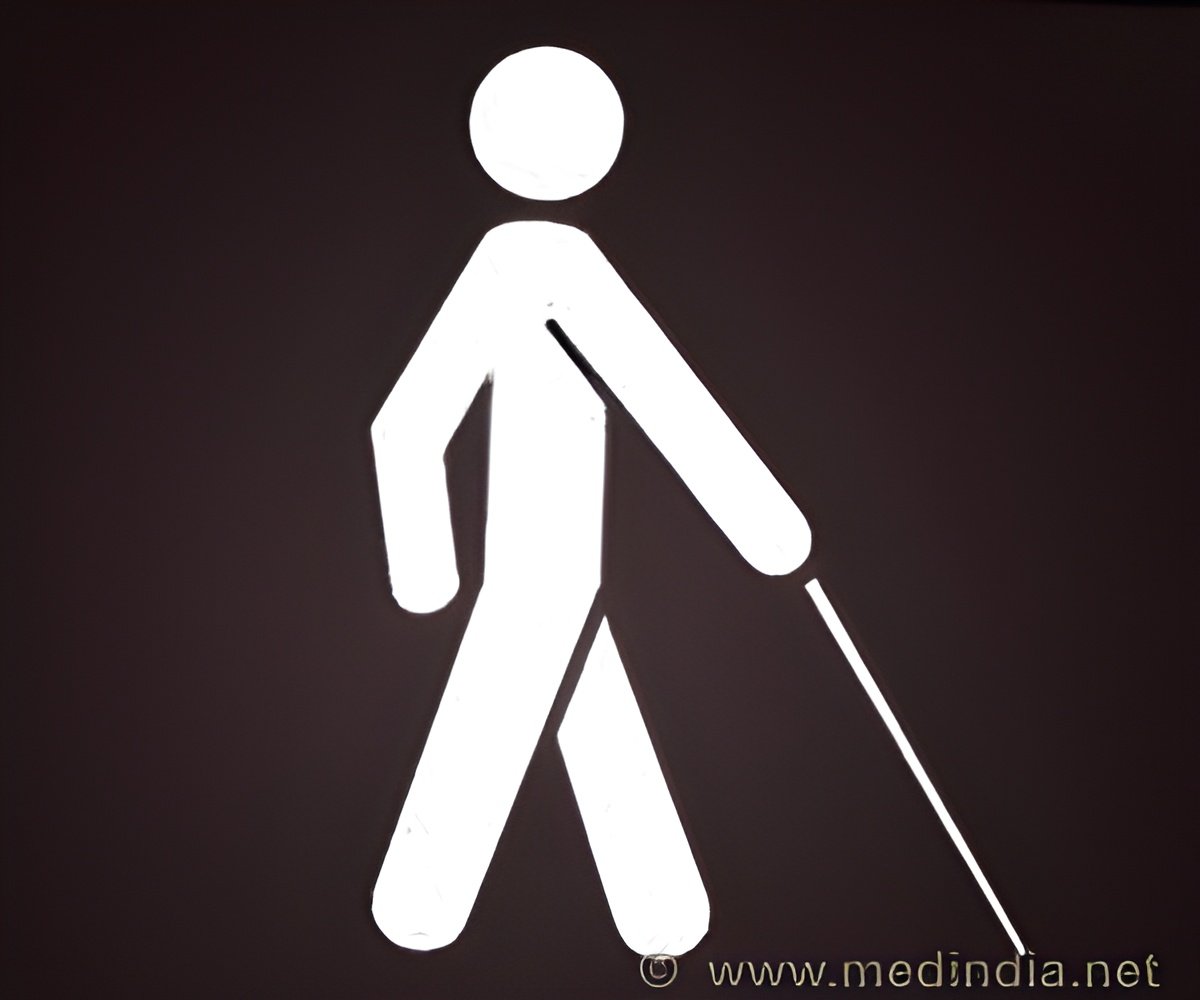Ian McDonald who was inspired by a newspaper report about blind children playing chess, decided to make a documentary and started the shoot in January 2009.

McDonald, who was himself a chess player, said the idea for the film was born out of "sheer curiosity".
"I came across a newspaper report, which talked about blind children playing chess. I carried the newspaper report for two years and we did more research, and we contacted Charudatta Jadhav, the general secretary of the All India Chess Federation for the Blind."
"He invited us to the national blind chess championship in Mumbai in January 2009 where I saw hundreds of blind and visually impaired chess players playing. That's why I thought to make a film on this subject," he said.
The film, whose shooting began in 2009, culminated over a period of three years, said McDonald.
"January 2009 was the first shoot and then we invested three years into it. The last shoot was in January 2012. After three years, 250 hours of footage, we have a final product, which is a 100-minute film," he added.
Advertisement
"We took it to international festivals. We got selected in 30. It picked up quite a few awards and now we are bringing it to India again," he said of the movie, which is being released in theaters across Delhi, Mumbai, Bangalore, Chennai, Hyderabad and Kochi by PVR Director's Rare.
Advertisement
As a filmmaker, McDonald believes he is "dependent" on technology, but the blind people are not.
"I'd follow them in hotel rooms, which would be poorly lit. And I needed lights for the shoots. To that, they would say, 'That's your problem, Ian. We don't need light, you are the disabled one'," he said.
"As a filmmaker, I am dependent on technology, but they are not. This was a revelatory moment. Of course it is a disability. We use technology to empower us, to overcome our inabilities. If the same technology would be used for the blind people, then I don't see how they can't participate in society," he added.
Source-IANS







